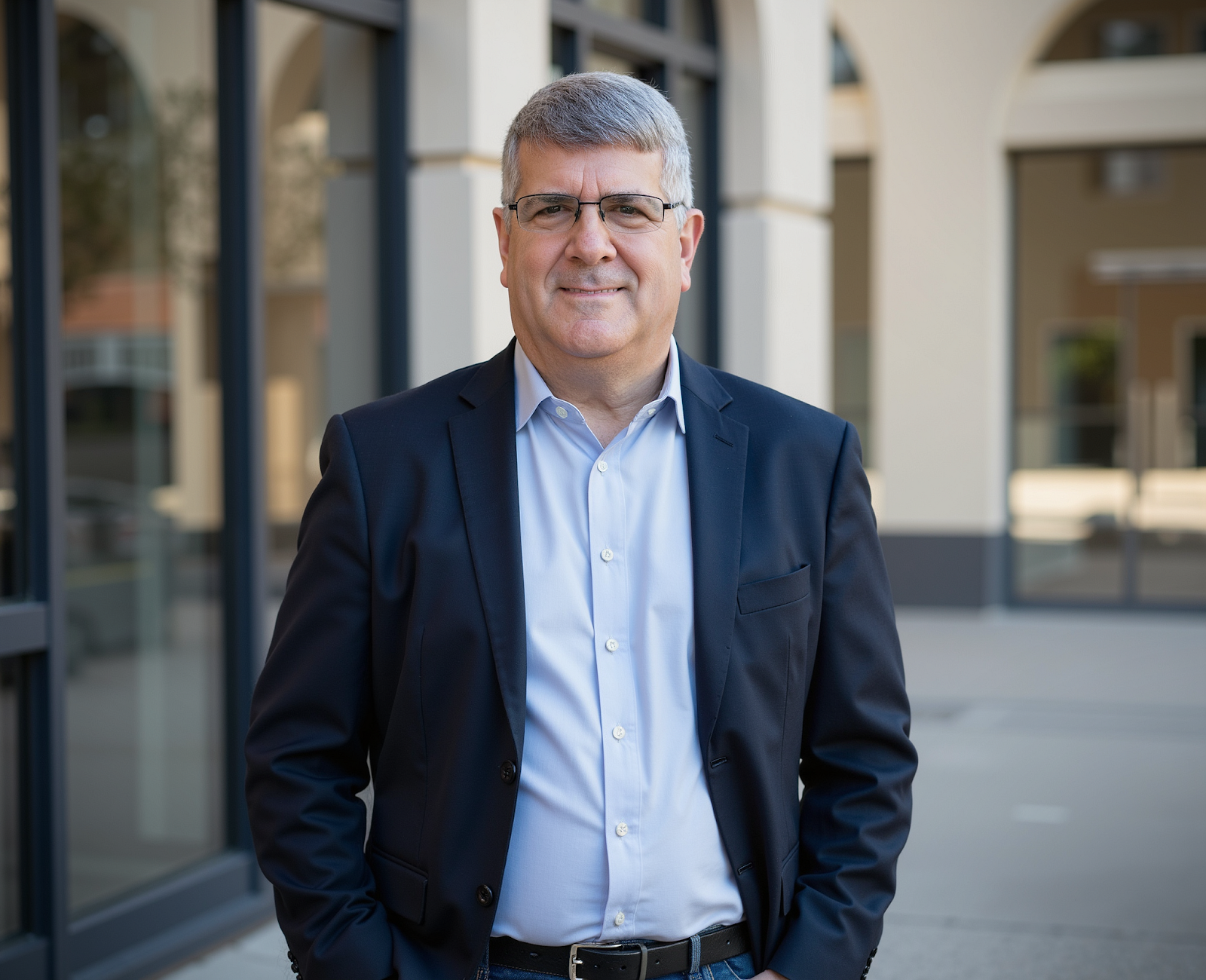MONTOURSVILLE, PA / ACCESS Newswire / July 24, 2025 / What happens when one person's breakthrough becomes a blueprint for healing entire communities? Dr. Howard Woodruff is discovering the answer as his network of trained coaches creates expanding circles of transformation that now span multiple continents, each ripple generating new waves of hope in unexpected places.

The multiplication effect began with a simple realization: traditional mental health training creates practitioners who can help individuals, but Woodruff's approach was creating healers who could heal healers. Each coach trained in the Back to Abundancy™ process wasn't just gaining tools for their own practice; they were becoming catalysts for community-wide transformation.
The mathematics of this model is staggering. A single trained coach might directly help 50 people annually, but when those 50 individuals learn to choose healing over hurt, they influence their families, workplaces, and social circles. The impact doesn't stop there. Some of those individuals become coaches themselves, creating an exponential expansion that reaches thousands within just a few years.
This phenomenon is playing out in real time across diverse cultural contexts. In African communities where traditional healing practices intersect with Christian faith, locally trained coaches are bridging ancient wisdom with modern psychological insight. They're not imposing Western therapeutic models but adapting proven frameworks to honor indigenous approaches while introducing transformational tools.
The ripple effect proves particularly powerful in regions where trauma has affected entire populations. Post-conflict communities that might take generations to heal through conventional approaches are experiencing accelerated recovery as trained coaches multiply their impact through local networks. Each person who learns to transform their pain becomes a beacon of possibility for their neighbors.
Language barriers dissolve when healing principles transcend cultural boundaries. The core message that emotional responses are choices translates universally, even when specific techniques require cultural adaptation. Coaches in Latin America report breakthrough moments that mirror those happening simultaneously in Asian communities, despite vast differences in local customs and languages.
The sustainability factor sets this model apart from traditional aid approaches. Instead of creating dependency on external resources, each trained coach strengthens their community's capacity for self-healing. When crisis strikes, these communities now possess internal resources rather than waiting for outside intervention.
Churches worldwide are becoming unexpected mental health centers as pastors receive specialized training in trauma recovery. These religious leaders already possess trust and access within their communities, but previously lacked tools for addressing complex psychological wounds. Now they're combining spiritual guidance with evidence-based healing techniques, creating holistic support systems.
The business model supporting this expansion reflects the multiplication principle. Rather than extracting fees that limit accessibility, ReClaimed Living invests in coach development, knowing that successful practitioners become advocates who attract additional candidates for training. This creates self-sustaining growth while maintaining quality standards.
Educational institutions are taking notice as the approach produces measurable outcomes in populations that traditional counseling methods struggle to reach. Universities in developing nations are incorporating these methodologies into their psychology and social work curricula, ensuring future practitioners understand both individual and community-focused healing approaches.
The global reach extends beyond formal coaching relationships into everyday interactions. Trained coaches report that their families, coworkers, and friends begin adopting similar approaches to handling life's challenges. The principles spread organically through modeling rather than formal instruction, creating cultural shifts toward resilience and hope.
Perhaps most significantly, the ripple effect is reversing brain drain phenomena in underserved regions. Instead of educated individuals leaving their communities for better opportunities elsewhere, trained coaches are staying to build local healing networks. They're discovering that their communities need their skills more than distant cities need their labor.
The vision continues expanding as each newly trained coach identifies additional candidates within their sphere of influence. What began as one person's journey through personal trauma has become a global movement where healing multiplies through human connection rather than institutional expansion.
The ripple effect proves that hope, like trauma, is contagious, and intentionally spreading hope creates transformations that transcend individual healing to reshape entire societies.
https://www.reclaimed-living.org/
Howard Woodruff
Montoursville, PA
drwoodruff@proton.me
SOURCE: Howard Woodruff
View the original press release on ACCESS Newswire



